
The garment industry in Bangladesh is characterized by a stringent focus on quality control, from the selection of raw materials to the final stages of production. The process involves meticulous inspection of textiles, trimmings, and accessories, ensuring the strength, shrinkage, and color consistency meet the industry standards. Quality control systems are implemented at every production phase, with clear checkpoints to identify and rectify any deviations from the desired standards.
A skilled workforce is essential, with comprehensive training in machinery operation, garment production techniques, and quality standards. This expertise is crucial for maintaining the high-quality output and addressing any quality issues during production. Adherence to international standards, such as ISO 9001, is a priority, ensuring consistent quality and compliance with global market requirements.
Regular maintenance of equipment is vital to avoid defects in the garments produced. Additionally, a culture of continuous improvement is encouraged through feedback from customers and quality control personnel. This feedback loop helps identify areas for enhancement and implement corrective measures to prevent recurring quality issues.
The final inspection and testing phase is rigorous, with garments undergoing thorough checks for stitching accuracy, measurement precision, and color uniformity. This ensures that the products not only meet the established quality criteria but also align with the specific requirements of clients and international standards.















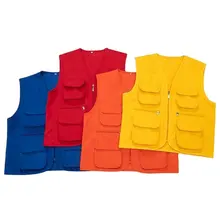





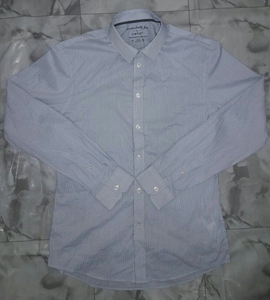
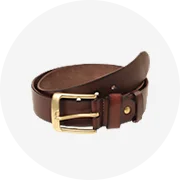

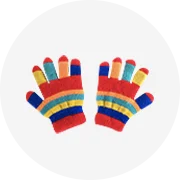
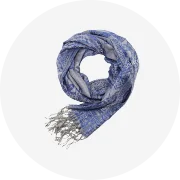


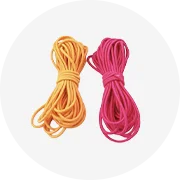








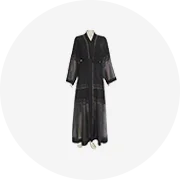











 浙公网安备 33010002000092号
浙公网安备 33010002000092号 浙B2-20120091-4
浙B2-20120091-4